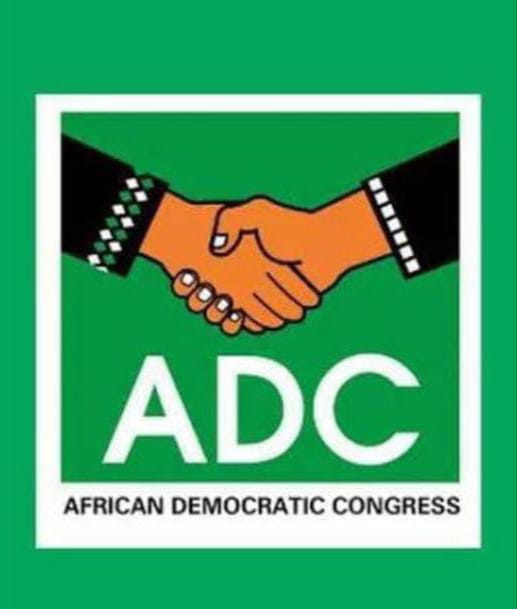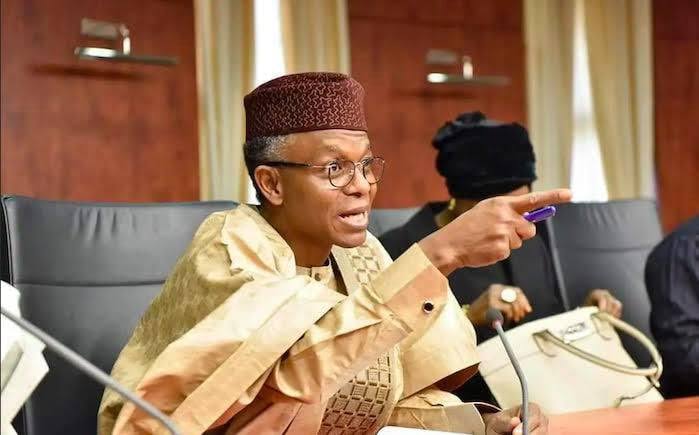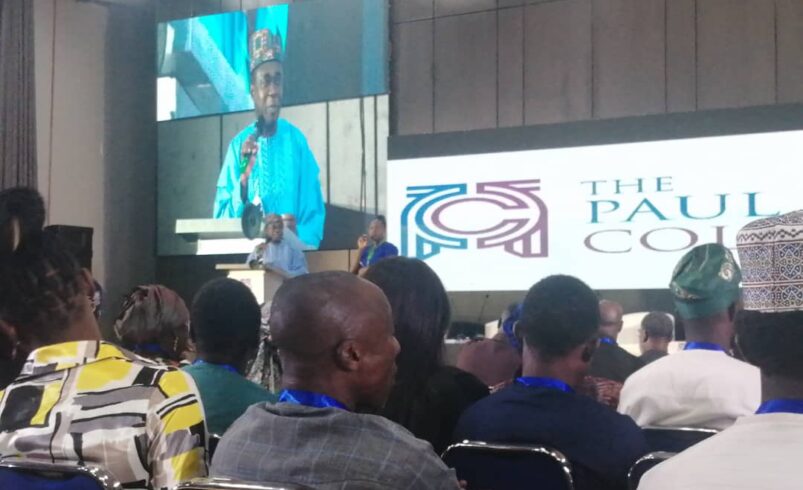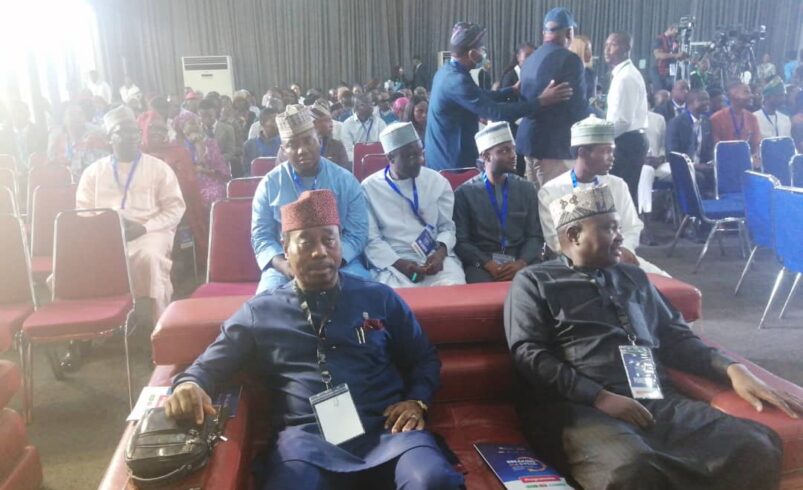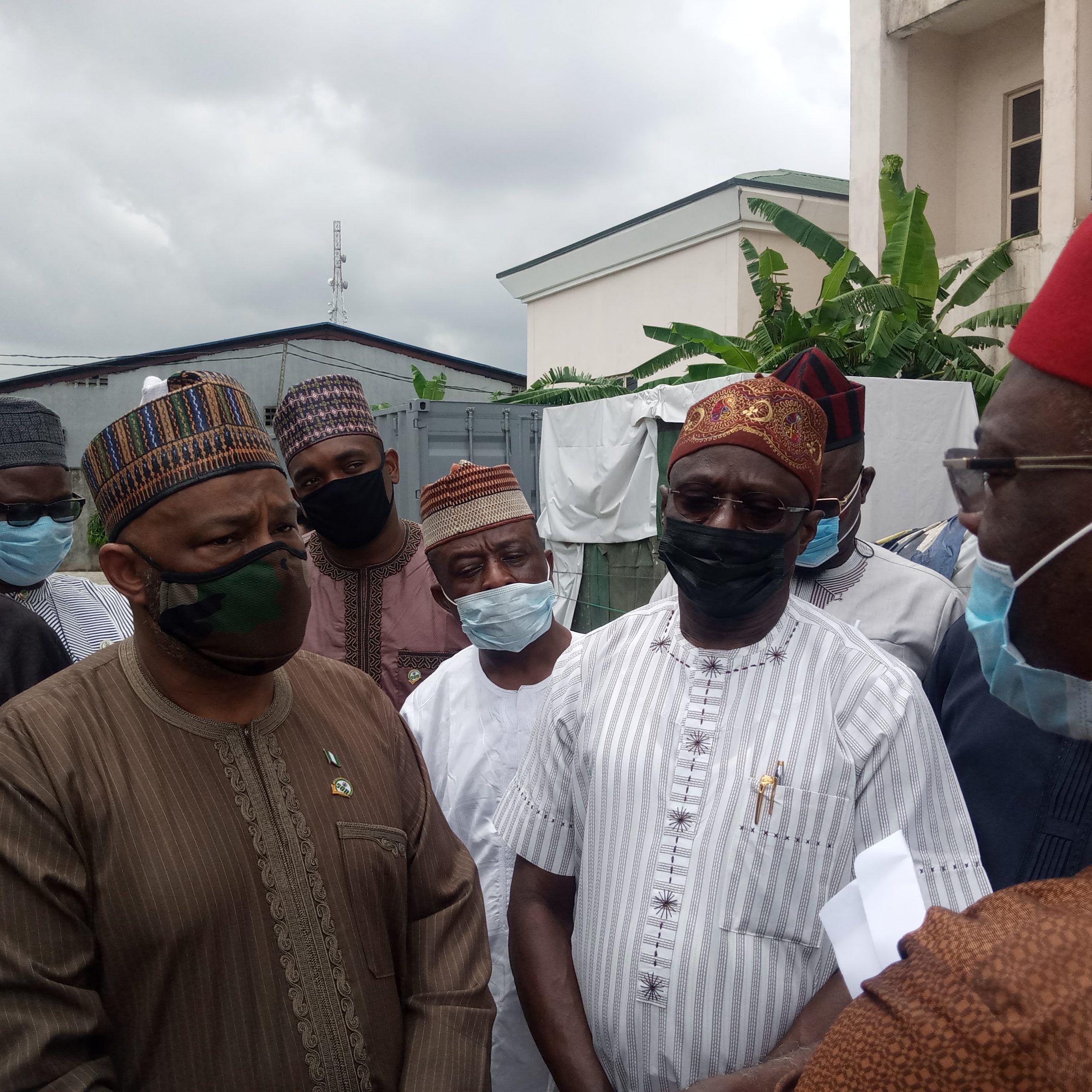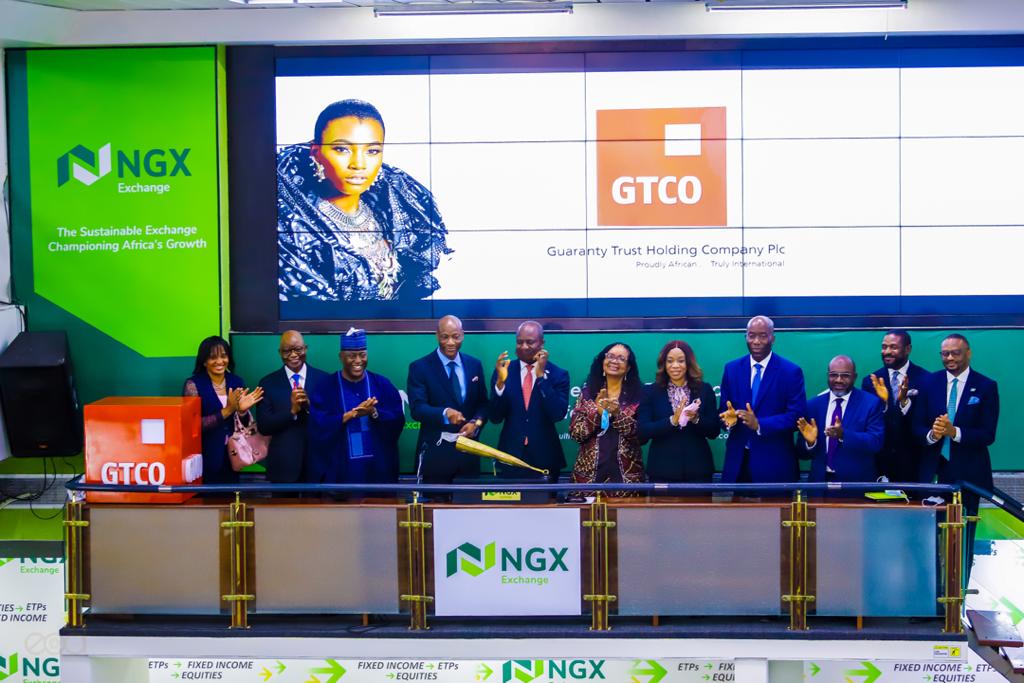By: Goodluck E. Adubazi, Abuja.
Former Governor of the Bank of Ghana, Dr. Abdul-Nashiru Issahaku, has credited Ghana’s victory over high inflation to strong political discipline, sound economic governance, and deliberate institution-building—warning that no African nation, including Nigeria, can escape poverty without these foundations.
Speaking as a panelist at the 2nd Edition of the Paul Alaje Colloquium 2025, held on Saturday, November 15, at the NAF Conference Centre, Abuja, with the theme “Breaking the Cycle: How Nigeria Can Lead Africa From Poverty to Prosperity,” Issahaku said leadership remains the most decisive factor in the fight against poverty.
According to him, “Effective governance produces visionary leadership.”
He explained that poverty persists when leadership lacks vision, courage, honesty, and integrity—values that only thrive in systems anchored on strong political and economic institutions.
“One of Africa’s major problems is leadership that is not bold enough to do the right things. But part of the blame is shared by us as citizens because we vote such leaders into power,” he said.
Issahaku emphasised that Ghana achieved macroeconomic stability because its governance framework compelled leaders to make tough yet necessary decisions.
“When your economy becomes stable, confidence rises, investment flows in, and businesses can borrow at reasonable interest rates. That was the turning point for Ghana,” he noted.
How Ghana Stabilised Prices and Rebuilt Investor Confidence
Issahaku highlighted several measures that helped Ghana curb inflation and strengthen its financial system:
Building adequate foreign reserves to boost investor confidence.
Blocking foreign exchange leakages, especially in gold exports.
Establishing the Ghana Gold Company, through which all gold exports must be channelled.
Saving about $7 billion from January after plugging export loopholes, increasing reserves to nearly $12 billion.
Maintaining strict central bank discipline, including refusing to print money for government financing.
“These reforms created a huge cushion for a small economy like ours. Once a central bank starts printing money, inflation immediately goes up. We avoided that,” he said.
While admitting that sustaining such reforms is difficult, he stressed that Ghana is determined to remain on the path of macroeconomic stability.
Nigeria’s Market Too Shallow to Drive Growth — Uwaleke
Also speaking at the event, President of the Nigeria Capital Market Institute, Prof. Uche Uwaleke, warned that Nigeria cannot lead Africa to prosperity if its capital and energy markets remain weak.
Uwaleke argued that despite Nigeria’s abundant natural resources, large youth population and human capital advantage, the country lacks the structural enablers needed for true economic transformation.
“Our Equity Market Is Less Than 50% of GDP”
He expressed concern over the shallow depth of Nigeria’s capital market.
“As of Friday, November 14, 2025, our equity market capitalisation stood at ₦93 trillion, representing less than 40–50% of GDP. Meanwhile, South Africa’s equity market is close to $1 trillion,” he said.
According to him, no country can industrialise or significantly reduce poverty with such a weak and narrow capital market.
Energy Crisis Undercutting Nigeria’s Potential
Uwaleke also described the country’s chronic electricity shortage as a fundamental barrier to growth.
“For a country this large to generate less than 5,000 megawatts is unacceptable. South Africa, with just 65 million people, produces about 40,000 megawatts,” he noted.
Reforms Commendable, but Spending Must Improve
While commending the government’s current reforms—subsidy removal, exchange-rate harmonisation, and new tax measures—Uwaleke warned that revenue gains must translate into meaningful investment in education, health, and social services.
“It’s not just about increasing revenue. The quality of spending matters. Only when spending is targeted at human capital and social services can growth reduce poverty,” he said.
He stressed the need for investment in relevant skills, modern education, and productive capacity to unlock economic prosperity.
“If we get the fundamentals right, Nigeria will not only lead West Africa but the entire continent on the journey from poverty to prosperity,” he concluded.




